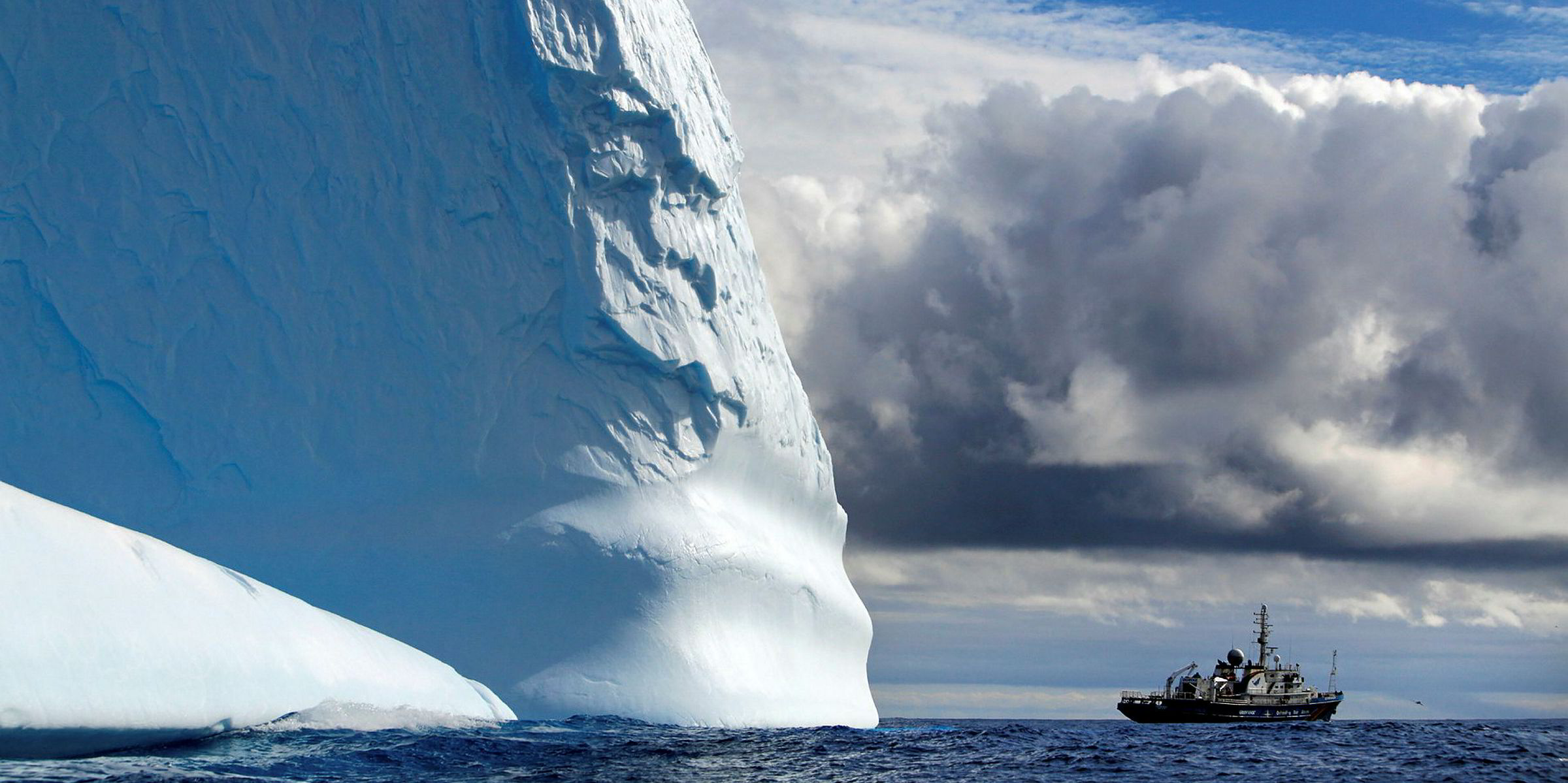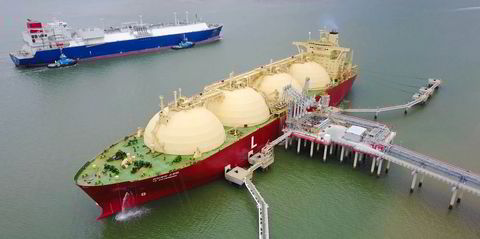Mediterranean governments have gone one step further towards declaring their region an emission control area (MedECA).
Representatives of 22 coastal states meeting in Antalya, Turkey, pledged on Friday that they will formally submit a proposal to that effect to the International Maritime Organization when it meets in early 2022.
"I am particularly proud that all contracting parties have agreed to designate the Mediterranean as a sulphur emission control area to protect the health of millions of Mediterranean citizens and their marine environment from ship pollution," said European Commissioner Virginijus Sinkevicius.
The Nature & Biodiversity Conservation Union (Nabu) said the MedECA should be in force in January 2025.
"This is a huge step forward to cleaner air in the region," said Beate Kluender, transport policy officer of the Berlin-based conservationist group that has been pushing for the measure for years.
The countries taking part in the Antalya meeting are all signatories to the Barcelona Convention for the Protection of the Marine Environment.
Their initiative, however, falls short in one key respect — it fails to address harmful nitrogen emissions.

ECAs produce maximum health benefits when they cover both sulphur and nitrogen emissions, according to Kluender.
Having just one of the two "is like fighting a fire with a bucket of water instead of using the fire hose", she said.
"At least the countries agreed to work on harmful nitrogen emissions in the next two years, to hopefully bring forward a NOx ECA as well," she added.
A sulphur ECA has applied to ships plying the North Sea and the Baltic since 2015. A nitrogen ECA additionally kicked in in these areas from 2021.
This is in stark contrast to the Mediterranean, where shipping is believed to be harming air quality in ports and coastal areas.
Greeks ask for flexibility

The European Commission, which proposes and executes European Union legislation, is a driving force to close that gap. Sinkevicius, the commissioner in charge of the environment, oceans and fisheries, comes from Lithuania — a nation on the Baltic Sea.
France, the only EU member with coasts on both the Mediterranean Sea and North Sea, pushes in the same direction.
Other countries on the Mediterranean rim, however, have been much more reluctant to entertain radical steps towards decarbonisation.
Mindful of the aged bulkers, tankers and ferries catering to short-haul trade and tourism in the Mediterranean, countries such as Greece have been pleading for slow, gradual measures.
Speaking in Brussels on 9 December — a day before the Greek delegation agreed to the MedECA in Antalya — the country's shipping minister, Yiannis Plakiotakis, urged his EU counterparts to go soft on Greek coastal shipping.
The EU should consider "a flexible and realistic adjustment" of its planned Fit for 55 decarbonisation package to take account of the "strategic role" coastal shipping plays in the Greek economy and give local ferry companies time to renew their fleets.
Forty percent of Greece’s ferry fleet is older than 30 years, according to Piraeus-based XRTC Business Consultants.






